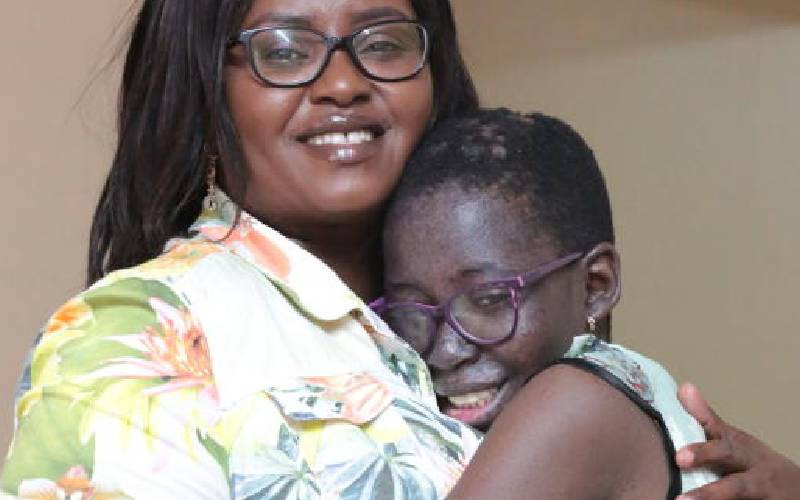×
The Standard e-Paper
Kenya’s Boldest Voice

The sun is a good source of vitamin D and the reason exposure to sunlight is recommended, at least 30 minutes daily-but for Shannelle Ayieko, a pupil at Stepping Stones School in Athi River, Machakos County, the sun is her enemy number one.
"I am allergic to the sun. It makes my skin cancerous," says the 11-year-old who stays in class or walks along the corridors when her classmates take a break.